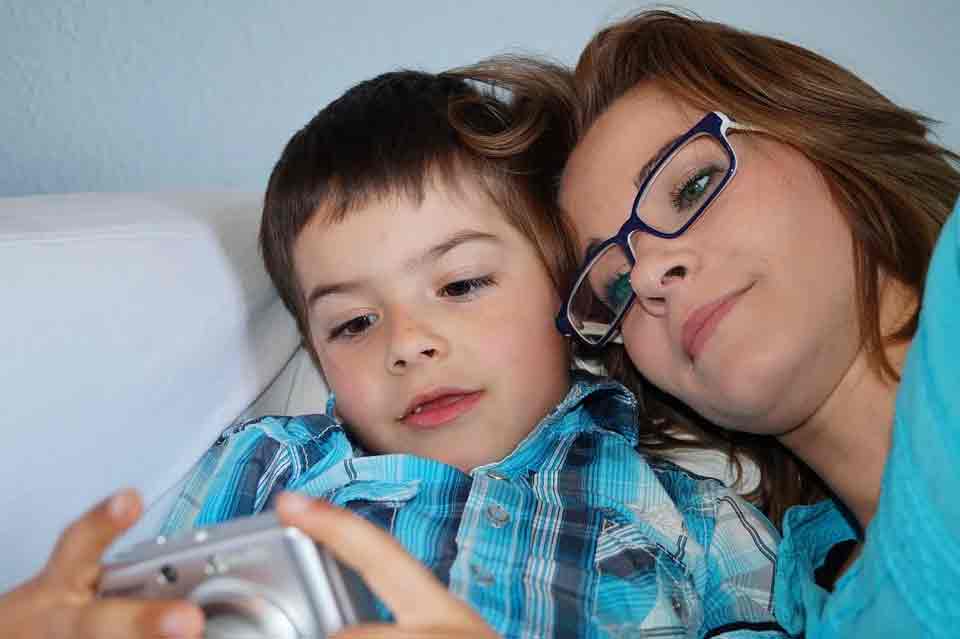A whole new set of challenges for parents have been added by the COVID-19 pandemic and associated public health measures. Their social support systems have been contracted, economic security have been threatened and access to essential services limited.
Hence, there is no doubt that the pandemic has created a huge impact on parents, with documented increases in mental health problems, alcohol consumption and suicidal thoughts.
Yet we know little about the specific effects of coronavirus on parents with a newborn and we know even less about its effects on their relationship and parenting experience.
According to research, this question has been explored which shows that the pandemic may not only have a negative impact on parents but also on the newborn.
Survey of parents with a newborn Since September 2018, we have been collecting a representative sample of Québec parents (1,900 parents of newborns between the ages of 0-6 months) for the Project Couples Parentaux: Project on Parental Couples. This project investigates the role of interpersonal trauma and couple relationships on parents’ experiences over time.
As a part of this larger-scale study, the researchers were interested in understanding the linked effects of the pandemic on mothers and fathers with a newborn.
Hence, they examined parental outcomes (parental alliance, self-efficacy and stress), relational outcomes (romantic attachment and relationship satisfaction) as well as life satisfaction. They were interested in comparing how parents recruited for their study during the first lockdown (spring 2020), when more severe measures of social distancing were in place, differed from those pre-COVID (spring 2019).
There was an improvement seen in parental and relational outcomes. Surprisingly, parents in their sample were doing significantly better on most parental and relational outcomes in spring 2020 than in spring 2019.
The mothers displayed better life satisfaction while the fathers reported less avoidant attachment and parental stress. However, both fathers and mothers reported better relationship satisfaction and stronger parental alliance.
While the mothers’ perception in their ability to be real and reliable caregiver is the only thing that seemed to decline during lockdown.
In the sample collected for the study it was seen that 45 per cent of mothers in the sample had other children at home and may have had to act as educational figures as well.
The added problem of managing at-home learning may have left these mothers feeling less effective. It is also possible that for new mothers, being isolated and having less instrumental support from others (like advice from family and friends) brought on insecurity with regards to caring for their newborn.
Overall, the stay-at-home order appears to have been mostly beneficial for parents, who reported improvement in their co-parenting experience despite the many challenges they faced. However, these positive effects were only distinguished during the lockdown period. It is possible that the lockdown offered parents an opportunity to spend more time together and to adjust to the arrival of their newborn.











